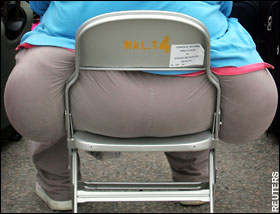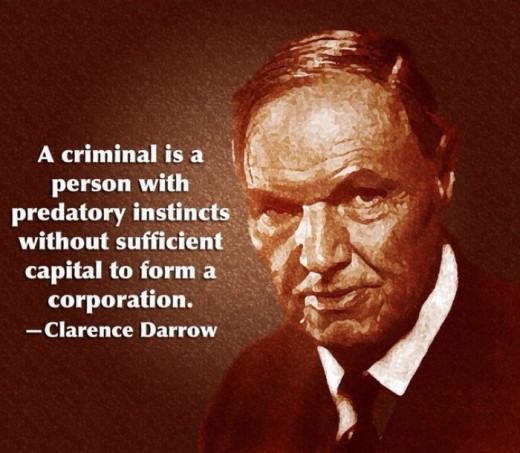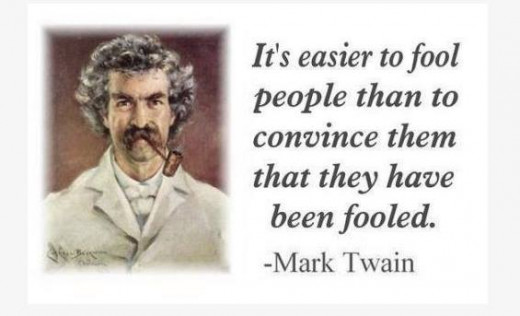Demise of The Co-operative Group / Part 3 - The Urgency

Not only were the Members being told that their democracy was at fault and had to be rectified. We were also being told this had to be done within a very tight time frame – effectively, less than a year.
For most of us, the earliest indication in the public domain of trouble at the Bank was the withdrawal from project Verde (the acquisition of Lloyds branches) in April 2013. In May the announcement of the Bank's highly publicised downgrades from Moody's and Standard & Poor (the illustrious US ratings agencies who entirely missed the “comodified” mortgage collapse). In June the Bank announced the £1.5 billion “requirement for re-capitalisation”.
In July Kelly was appointed to look into what happened. In December, Paul “Lord” Myners was appointed to look into our democratic failings.
On the 14th March 2014, Myners issued an interim progress report which preceded the Kelly Report by two weeks. The fact that it preceded the Kelly Report, which was meant to explain to everybody what went wrong, didn't seem to deter the good Lord from laying the blame squarely on The Group's democracy. It readily forewarned of what was to come in his final report
On 30th April, the Kelly report was released and several days later, on 7th May, Myners released his final report recommending, unsurprisingly, wholesale restructuring of The Group's democracy.
On 17th May, only 17 days after supposedly seeing the Kelly report and only 10 days after supposedly seeing Myners', Members convened at a very peculiar General Meeting in Manchester. Under procedurally questionable circumstances, they “approved” Myners' recommendations.
This was an incredibly tight schedule by any standards. Even top-down speculator corporations would have a tough time achieving this level of efficiency. For a democratic organisation the size of The Group, it was nothing short of miraculous.
What was the case for this urgency? Why was it necessary to stampede the Membership into such profound changes within such a ludicrously narrow schedule?

The case for "urgency"
The case for “urgency” appears to have arisen out of alleged stipulations of “the Banking Syndicate” (the assortment of lending bodies who provide The Group's loans). Having looked through copious video clips and documentation of the time, all I could see were phrases such as "we (senior Group personages) are working very closely with them (the Banking Syndicate)" and "they are very supportive of what we are trying to do".
What I and not a few other Members wanted to see was, chapter and verse, what this Syndicate was saying about our democracy and, specifically, how it affected their view of their loans to us. If we could not see such chapter and verse because we were not the right “calibre” of person - ie not a Lord or a city accountant or an investment banker - and could not therefore be expected to understand or be trusted, we would like to have seen a few (certainly more than one) sworn affidavits from suitably calibred people who did have sight of such chapter and verse. The affidavits should have stated that, yes indeed, categorically, the Syndicate did (listing and dating the various documents and items of correspondence) threaten to and would have withdrawn loans if this democratic review did not take place within the prescribed time frame.
The reason for this is not simple petty-mindedness. It is part of the search for accountability. In the fullness of time, when appeals for commercial confidentiality have eased, a judicial review might wish to revisit what had been taking place. As we know only too well, such accountability is extremely difficult to nail down retrospectively. It always turns out that no identifiable person or body took any crucial decisions at any point in time and whatever we might have learned from the experience is lost in a mire of carefully neutral paperwork. In my view, what we needed was a few heads, formally and irrevocably, above the parapet at the time to give us the confidence that this stampede was absolutely and undeniably necessary.
Such affidavits or any other concrete evidence of the case for urgency has, so far as I'm aware, never materialised.
This alone would suggest to me that the stampeding was not necessary. However, sufficient numbers of my fellow Members were rattled enough to carry the day. The constitutional review was launched and a significantly less democratic structure put in place.

Risk Management
One area not obviously touched upon by anyone in the upper echelons of The Co-operative Group at the time, so far as I could see, was the management of risk. When any sensible organisation is faced with significant risk in any area of activity, it's first priority should always be to minimise risk elsewhere. The constitutional review into which we were being stampeded was expensive and risky at a time when we should have been minimising both costs and risk.
So, who was driving this high risk strategy at a time when we should have been focusing on core business? Why did we have senior management, with their entirely questionable expertise in this area, swarming all over the constitutional review process when they were being handsomely paid as our Agents to get on with the job of sorting out our commercial operations.
Among others, Nick Eyre, the former Group Secretary, warned against being stampeded by this regularly referenced underlying menace of “the banking syndicate”. Seen by many to be the major driver for immediate and hasty constitutional review, precious few in the organisation seemed to have any first-hand knowledge of the detail. As mentioned above, the story line went that unless we re-organised our selves damn quick, the banks would call in their loans. From his considerable experience in banking, Nick, at a National Federation of Progressive Co-operators meeting at the time, was saying he couldn't believe that the Banking Syndicate could or would be exerting such pressure on The Group to demand Governance changes.
If the bank menace was being exaggerated, especially at a time when risk should have been being minimised, one has to think about who was contributing to the exaggeration and who's best interests this exaggeration and this gamble served.
At that meeting, Nick apparently also specifically warned against “Management Capture”. I took this to mean that there was a strong possibility that senior executives and “independent” advisers might not be serving our Membership or our constitutional Values and Principles at all, but were serving capital interventionists who could see considerable scope for speculation as the struggling co-op teetered on the brink.
Is this, at last, what we are watching unfold before our gentle trusting bovine eyes?
tbc / Part 4 - The Recourse
© 2015 Deacon Martin








